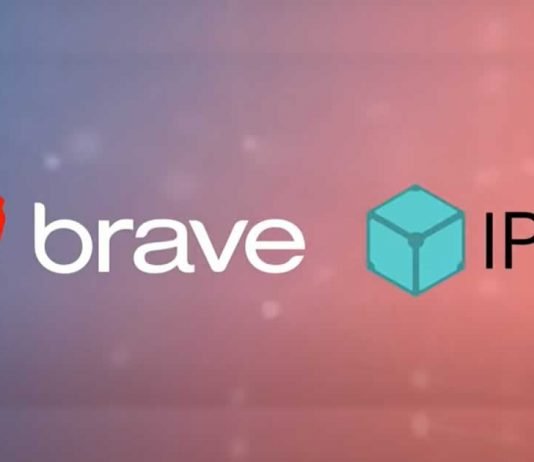Brave is the first browser with native support for the InterPlanetary File System (IPFS) protocol, a project that aims to make the web decentralized, a bit like the BitTorrent network.
With version 1.19, the makers behind Brave integrate the IPFS protocol and network into the browser for the first time.
To put it simply, IPFS is a decentralized network that is based on the protocol of the same name, which in turn can access several nodes, while the Hypertext Transfer Protocol (HTTP) protocol allows browsers to access information on a central server. A central server, such as that used for transmission using HTTP, is superfluous with IPFS.
Each node in the IPFS network represents a potential host but can also call up the content the user is looking for from the swarm of peers. The official white paper (PDF) and other documents explain the technology behind the open-source protocol and network in detail.
Brave is the Chromium-based browser created by Mozilla co-founder Brendan Eich, which focuses on speed and privacy, and today has about 24 million monthly active users. The company has been working on IPFS since 2018.
With the latest browser version 1.9, Brave users will be able to access IPFS content directly, as the browser can now also resolve URLs that begin with ipfs: // through a gateway or install an IPFS node with one click, so to host part of the content and serve it to other users.
“Installing a node allows Brave users to upload content to the IPFS P2P network, hosted on their node,” reads the company’s blog.
The addition of IPFS is just one of Brave’s many privacy solutions, it should not be forgotten that the browser has supported the Tor network and the Onion protocol since June 2018.


